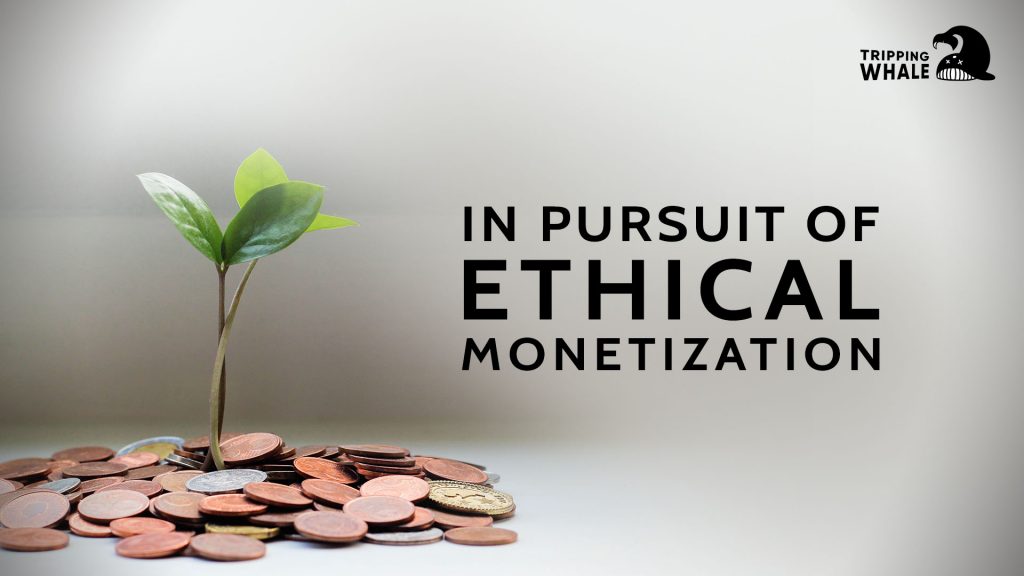
In Pursuit of Ethical Monetization
Predatory Monetization
Predatory monetization is a hot topic these days in game development, and all of us at Tripping Whale feel very strongly about avoiding it in our games. That’s why today we wanted to talk to you about the problems as we see them, and how we intend to do better in Duple Dragon.
Expectations and Transparency

Any trade or business deal is predatory if expectations are concealed by one party in order to manipulate the other party. There are a number of ways in which monetization strategies can misdirect us. Imagine a wheel of fortune where the highest value slices have incredibly small chances of being picked despite appearing the same size. This is often the reality with chance-based microtransactions like loot boxes.
The presence and extent of microtransactions are often concealed too. If we pay $60 for a game, it’s reasonable to expect that we own the whole game. Getting a face full of microtransactions in a premium priced game can leave us feeling cheated.
Loot Boxes

Loot Boxes are the classic example of obfuscated odds. Some have spent hundreds or even thousands of dollars to acquire the most desirable prizes. Those same people would be much less inclined to start these buying sprees if they knew how bad the odds really were. This is why the odds are obfuscated.
Loot boxes function on the same principles that make gambling so addictive. When we are rewarded we get a spike in dopamine, but this spike drops off over time if the reward becomes predictable. If the reward is intermittent, however, the dopamine reaction is far greater than the predictable reward.
This can quickly spiral into gambling addiction. The anticipation of the reward is so great that many players find it hard to stop, and loot boxes exploit this impulse by making the odds of getting the best prizes infinitesimal.
High Pressure Transactions: Exploiting Loss Aversion
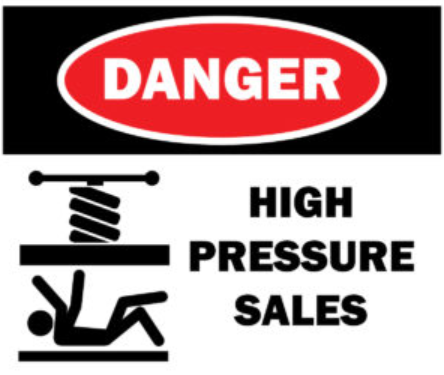
Humans hate losing things. We hate it so much that one loss in a long string of wins will stick out in our minds stronger than all of those wins combined. We even feel this way about potential losses in the future, and this pressure is often referred to as FOMO, the fear of missing out.
Many games exploit this loss aversion through high pressure transactions; opportunities to spend money in a very short time window or at the threat of losing something if you don’t buy.
Imagine that you have just won a level. The game offers you a chance to spend money to instantly double your score. You have to decide quickly, though, as you will lose the opportunity in 30 seconds. If you don’t spend the money in time you’ll never be able to double that particular score again.
An even more predatory variation of this tactic is to make you lose something you collected in that level if you don’t spend in time.
Bad Monetization is Toxic to Gaming Communities
In addition to the dangerous exploitation of human psychology in predatory monetization practices, monetization can also have a corrosive effect on a game’s community over time.
Devaluation of In-Game Items
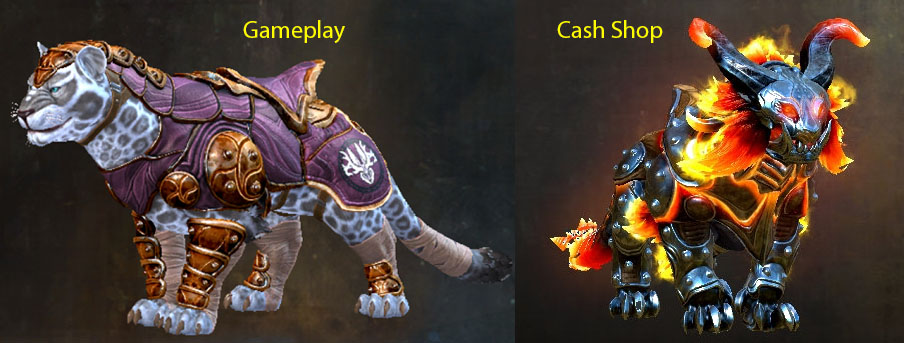
In most games with a cash shop, you can buy cosmetic items of some kind. These premium items are frequently much better looking than what you can earn by completing challenges in the game.
Because the best looking items in the game are locked behind real money instead of gameplay, it creates a devaluation in prestige of both the earned items, and the paid items bought in the store. The earned items are much less flashy despite taking more effort to acquire, making them feel a bit hollow. The paid items can gain a stigma from dedicated players because they can be seen as a form of cheating.
It’s an understandable reaction. Imagine you spent dozens of hours earning a cosmetic, only to turn around and see something better on someone who opened the game for the first time five minutes ago. It can be a very demoralizing experience.
Inequality between Pay and Play

Many cash shops function as a way to skip things in one form or another. You are trading money for time. This is most directly seen with boosts, purchases which increase the rate at which a currency or form of progression is gained. Cosmetics or other account upgrades can also be a subtle form of this though, as they serve as a shortcut to acquiring items in the game.
Skips aren’t inherently problematic, as they can serve as a way for people with less free time to keep up with players with more. The problem is that gameplay hours are frequently valued much lower than money spent. While it is impossible to balance an in-game economy for all income levels, a more even ratio between time and money is possible.
When time is valued much lower than money, it creates resentment in the players who play a lot but don’t spend much money. They are pouring energy into your game, but it becomes clear at every turn they are a second class citizen compared to the player who rarely plays but spends lots of money when they do. This resentment can turn into tribalism in a game’s community.
The game may not get money directly from the player playing for 8 hours, but that player is a dedicated member of the community who loves the game. Their goodwill not only enriches the game, it can spread positive press. If the player with more time than money is valued as highly as players with lots of money but no time, animosity between paying and non-paying players lowers, improving the health of the game’s community.
Avoiding These Problems in Duple Dragon
Equitable and ethical monetization systems are very important to us at Tripping Whale, and we spend a lot of time discussing how to avoid the common pitfalls we’ve discussed so far. Here are some of the steps we’re taking in Duple Dragon.
No Premium Currencies
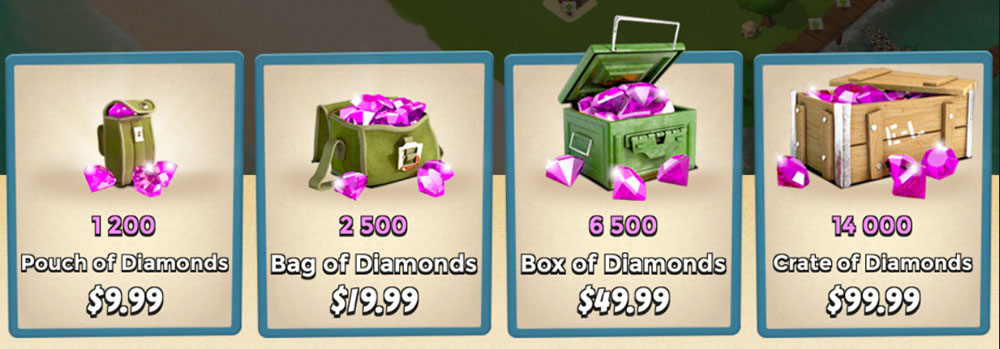
There will be no premium currencies in Duple Dragon. The currencies earned through playing the game are the exact same ones available for purchase in the store. By doing this, all items in the game can be acquired with either time or money.
In addition to this, we are setting up our in-game economies to be more generous than what players are used to, creating a more equal relationship between time and money.
No Gambling

There will be no gambling mechanics in Duple Dragon, and no paid loot boxes. Everything you purchase in the cash shop will give you exactly what it says it will. We believe that encouraging and profiting off of gambling addiction has no place in our industry.
No High Pressure Transactions

We are avoiding monetization strategies which use high pressure situations to exploit a player’s loss aversion. This type of monetization is extremely predatory and is no better than gambling mechanics.
Reciprocity and Mutually Beneficial Purchases
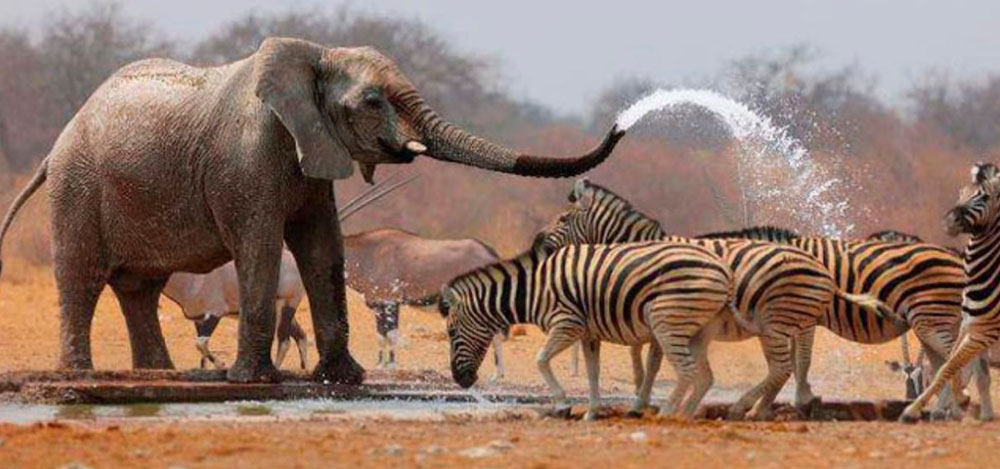
An aspirational monetization goal for Duple Dragon will be to implement purchases which encourage reciprocity; giving back to fellow players. These purchases are not only the best value for the person buying them, but also give gifts to others. A player might purchase a bundle of cosmetics for themselves, which also includes giving a random cosmetic to 50 other players in their area.
We believe this type of monetization is the opposite of the toxic implementations mentioned before. These mutually beneficial purchases actively build community, and make players who spend money into an asset for everyone around them.
Players receiving gifts may also opt to pay it forward and continue the chain, enriching their fellow players along with themselves, creating a culture of generosity.
Wrapping Up
We hope you’ve found this window into our stance on monetization interesting. Ethical and transparent business practices are at the core of our mission at Tripping Whale, and we are dedicated to improving these practices in our games.
Thanks for reading, and talk to you all again next month!
— Caleb, Ian, and Souren
Stay in Touch
Sign up for our newsletter to get exclusive Duple Dragon goodies and news in your inbox, and join our Discord server to chat with us and other players.
